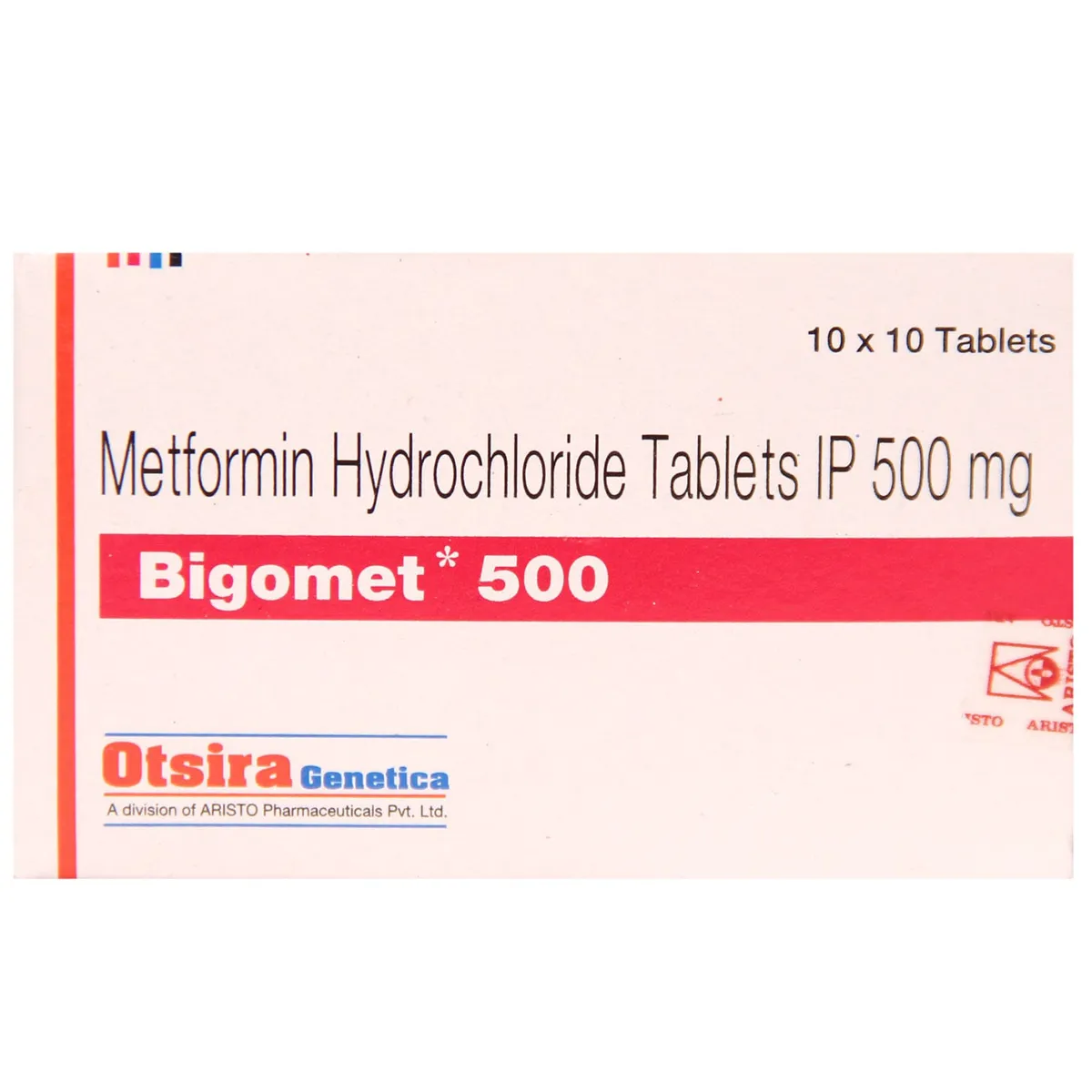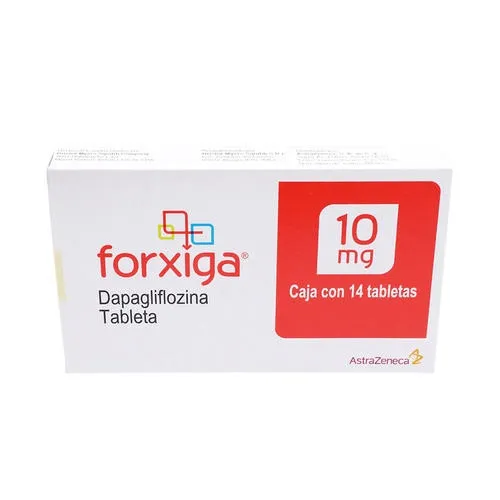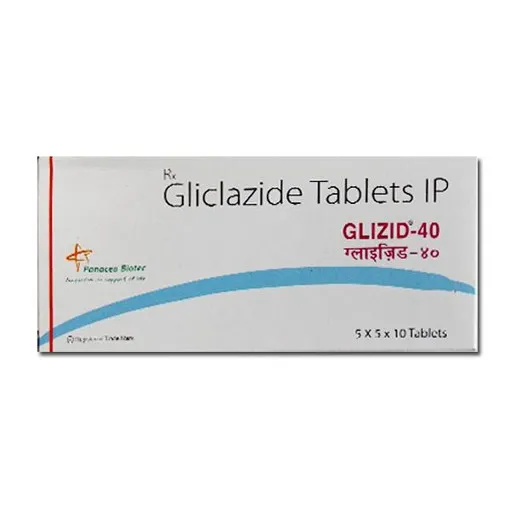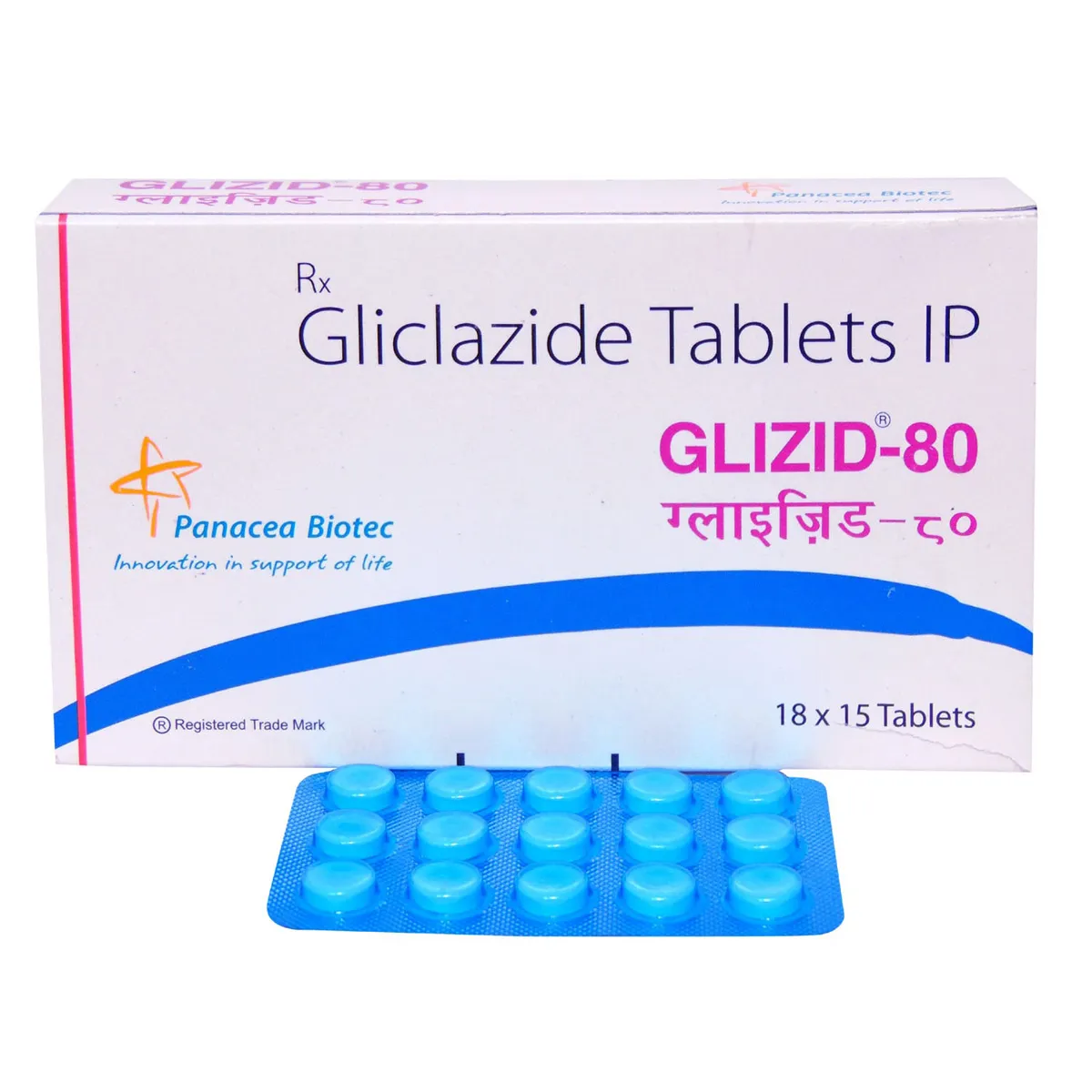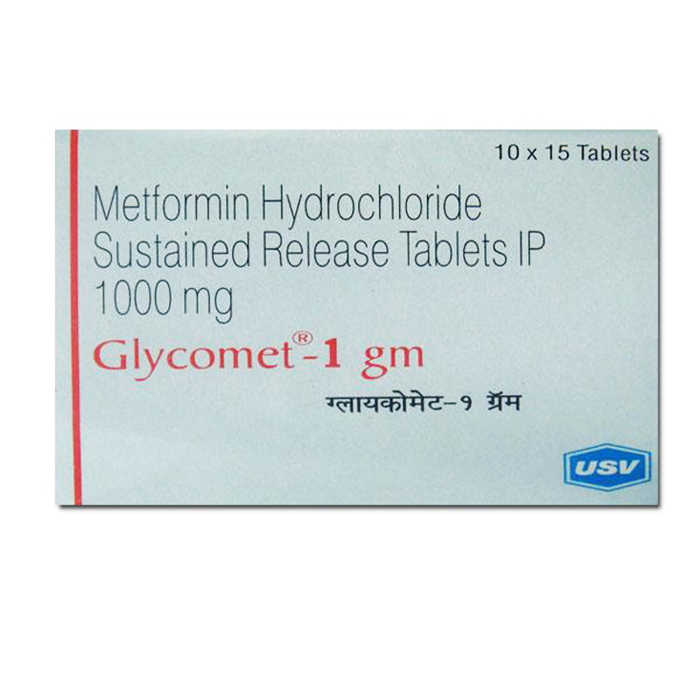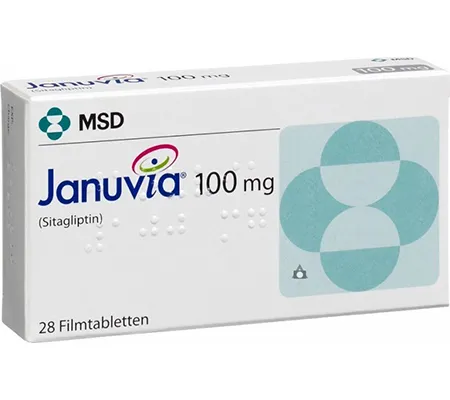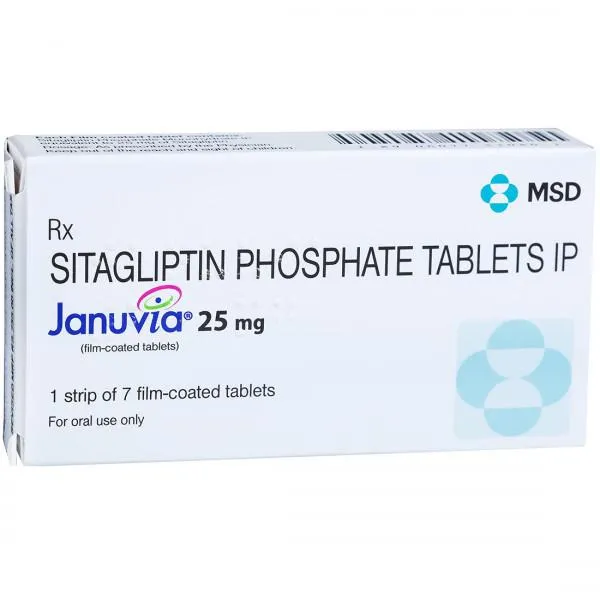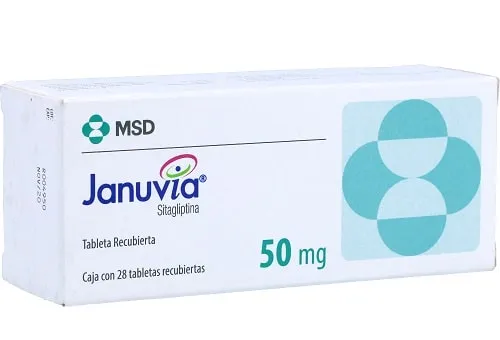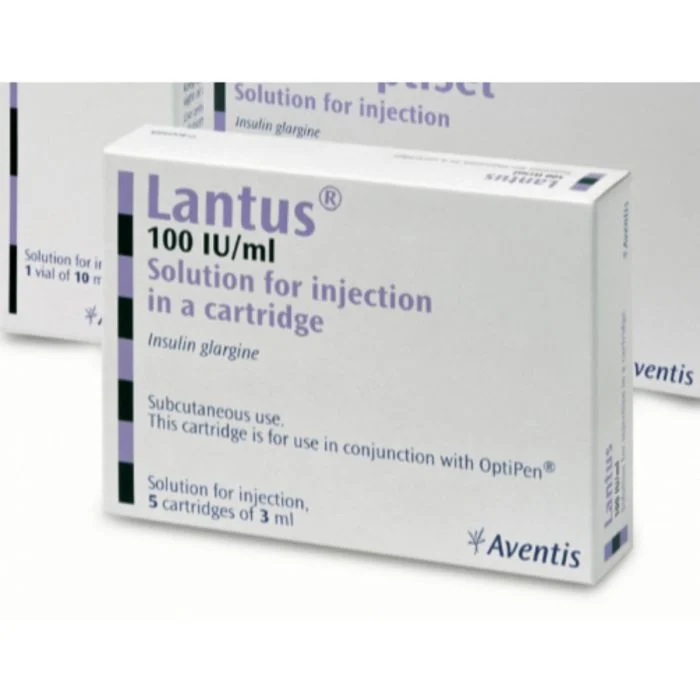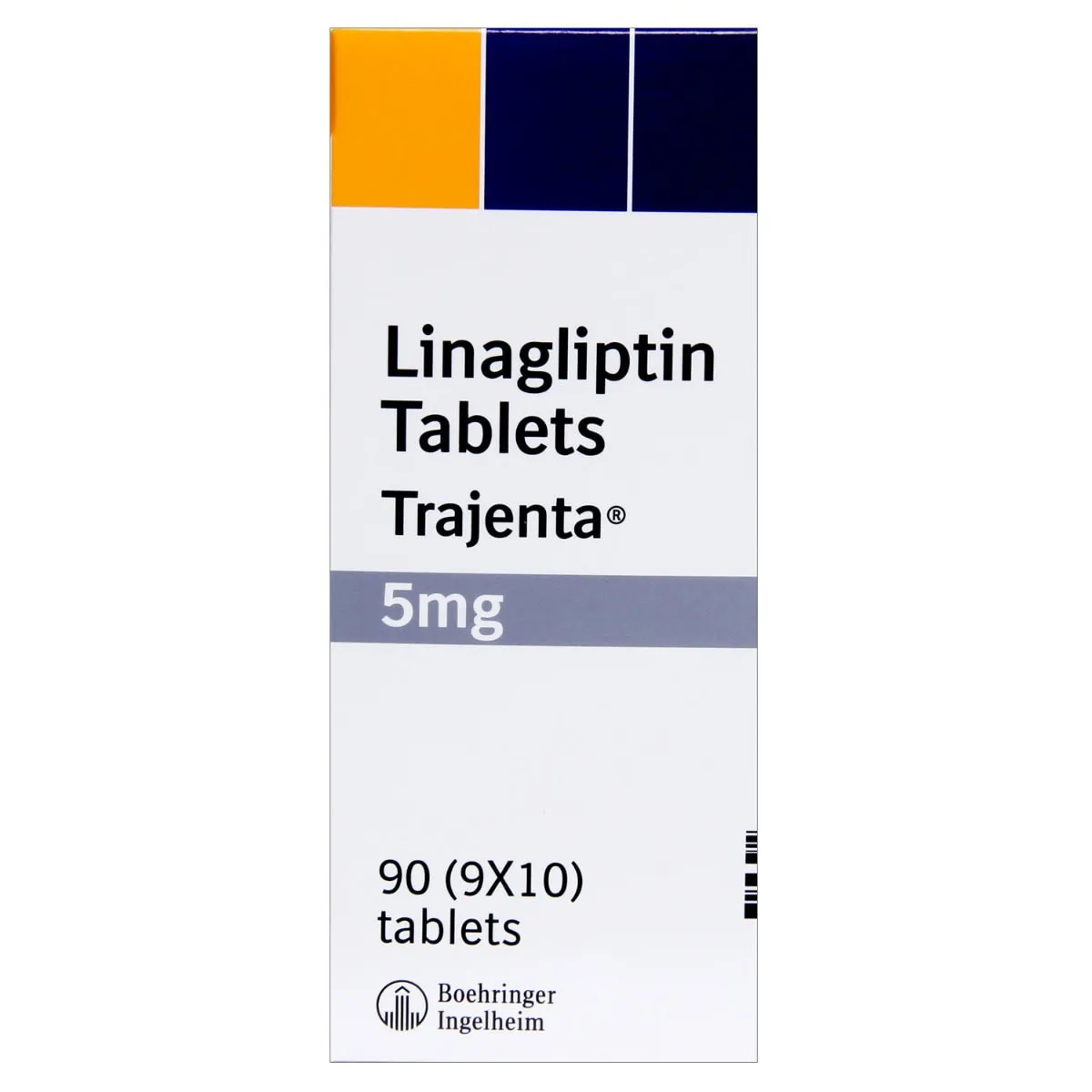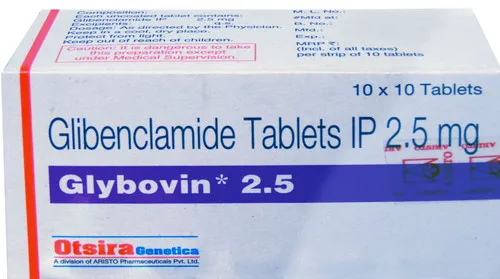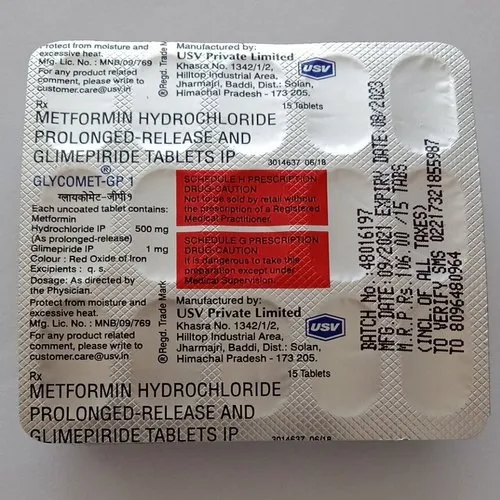Diabetes Medications
Managing diabetes effectively often requires the use of medications in addition to lifestyle changes. There are various types of diabetes medications available, each with its unique mechanism of action and benefits. This category explores different classes of diabetes medicines, their uses, how they work, potential side effects, and important considerations for individuals with diabetes.
Subcategories:
Oral Diabetes Medications:
- These medications are taken in pill form and are commonly used for type 2 diabetes.
- Explore various oral medications, including metformin, sulfonylureas, and DPP-4 inhibitors.
- Learn how they help regulate blood sugar levels and their potential side effects.
Insulin Therapy:
- Insulin is a hormone crucial for regulating blood sugar levels, and it's often used in the treatment of both type 1 and type 2 diabetes.
- Discover the different types of insulin, such as rapid-acting, short-acting, intermediate-acting, and long-acting insulin.
- Understand insulin injection techniques and insulin pumps.
GLP-1 Receptor Agonists:
- GLP-1 receptor agonists are injectable medications that mimic the effects of a naturally occurring hormone to control blood sugar.
- Learn about their benefits in managing type 2 diabetes and potential side effects.
SGLT-2 Inhibitors:
- SGLT-2 inhibitors are a class of medications that help the kidneys remove excess sugar from the body through urine.
- Explore their role in treating type 2 diabetes and possible side effects.
Combination Therapies:
- Some individuals with diabetes may require multiple medications to achieve good blood sugar control.
- Find out about combination therapies that involve using different types of diabetes medicines simultaneously.
Managing Medications:
- Understand the importance of medication adherence and how to create a diabetes medication management plan.
- Learn about monitoring blood sugar levels and when to adjust medication doses.
Alternative and Complementary Approaches:
- Explore complementary therapies and lifestyle changes that can complement diabetes medication, such as diet, exercise, and stress management.
Conclusion:
Effectively managing diabetes often involves a combination of medications, lifestyle changes, and ongoing monitoring. This category provides valuable information about various diabetes medications to empower individuals with diabetes and healthcare professionals to make informed treatment decisions and achieve better blood sugar control. Always consult with a healthcare provider for personalized diabetes management advice.


